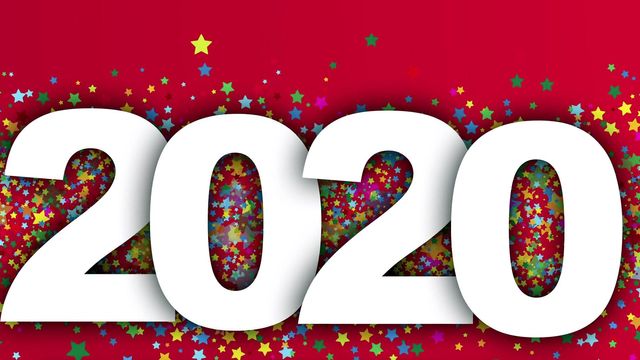A look at Leap Day: History, odds and some unusual birthday boys
As the saying goes: 30 days has September, April, June and November; February has 28 alone. All the rest have 31; Except in Leap Year, that's the time when February's days are 29. But what is that extra day for?
It takes Earth just a little longer than the 365 days in an ordinary calendar year to complete its lap around the Sun. The additional extra 5 hours, 48 minutes, and 45.975 seconds – nearly nearly a quarter day – must be accounted for or holidays, festivals and other important dates on the calendar will slip further and further until they fall in the next season.
Calendar makers have been inserting intercalary (leap) days since at least the 21st century BCE to get things back into alignment. But how often and where these days were added was a confusing, sometimes politically motivated, mess.
Julian Calendar
Greek astronomer Sosigenes recommend to Julius Caesar that lunar-based calendars be dropped in favor of the Egyptian solar-based, 365-day calendar. Every four years, a day was added after the February festival of Terminalia, Roman god of boundaries. February was also the last month of the year under the previous Roman Republican calendar.
Though introduced in 46 BCE, the Julian calendar wouldn’t be correctly observed for more than half a century because of an “off by one” counting error by Rome’s pontifices (high priests). The problem was spotted and corrected by 8 CE by the emperor Augustus.
The Julian calendar remained in place until the 16th century, when the Roman Catholic Church noted that the date of Easter, which is calculated through lunar and solar observations, had shifted by more than 12 days. The next five popes and their advisors discussed the problem for the next 50 years.
Gregorian Calendar
This time it was Pope Gregory XIII who had enough when he wrote that this calendrical misalignment was of "the gravest concern."
His solution was Jesuit astronomer Christopher Clavius’ proposal of a “solar correction” which did not add leap days to century years (evenly divisible by 100, like 1900) except when in years evenly divisible by 400 (like 2000). The Gregorian calendar we use today was born.
The rules are a bit more complex, the accuracy is significantly better. While the Julian calendar produces a full day of misalignment every 128 years, the Gregorian calendar is accurate to within a day every 3,236 years. This civil calendar is used worldwide because it is literally good enough for government work.
The Roman Catholic origin of the calendar likely contributed to slow adoption across Europe over the next 200 years. Japan and Korea would adopt it in the mid 19th century. Western Europe in the early 20th century.
In 2016, the Saudi Arabian government switched from the lunar-based Islamic Hijri calendar to the Gregorian calendar in a move that was part alignment with the rest of the world, part austerity measure. Critics pointed to 11 days of pay lost by salaried public employees under the new calendar.
Leap Day Birthdays
If you were born on Feb. 29, not only do you share your birthday with actor/rapper Ja Rule, actress/singer Dinah Shore, actor Antonio Sabàto Jr., motivational speaker Tony Robbins, astronaut Jack Lousma and former Hurricanes goalie Cam Ward to name a few, you beat the odds. Other birthdates had a 1 in 365 chance of being born on their birthday, you had a 1 in 1,461 chance (365 * 4 + 1 = 1461).
Parents and children born on leap day are even rarer. Jeremy Ogburn of Raleigh turns 40 (or is it 10?) on Saturday while his son Andrew turns 4 (or is it 1?). The odds of a parent and child sharing a Leap Day birthday jumps to 1 in 2.1 million. According to a 2016 report in The News & Observer, dad Jeremy usually celebrated on Feb. 28 in common years but planned to move his birthday celebration to March 1 to give Andrew his own day. Maybe they’ll share the celebration in this Leap Year.











